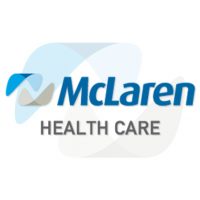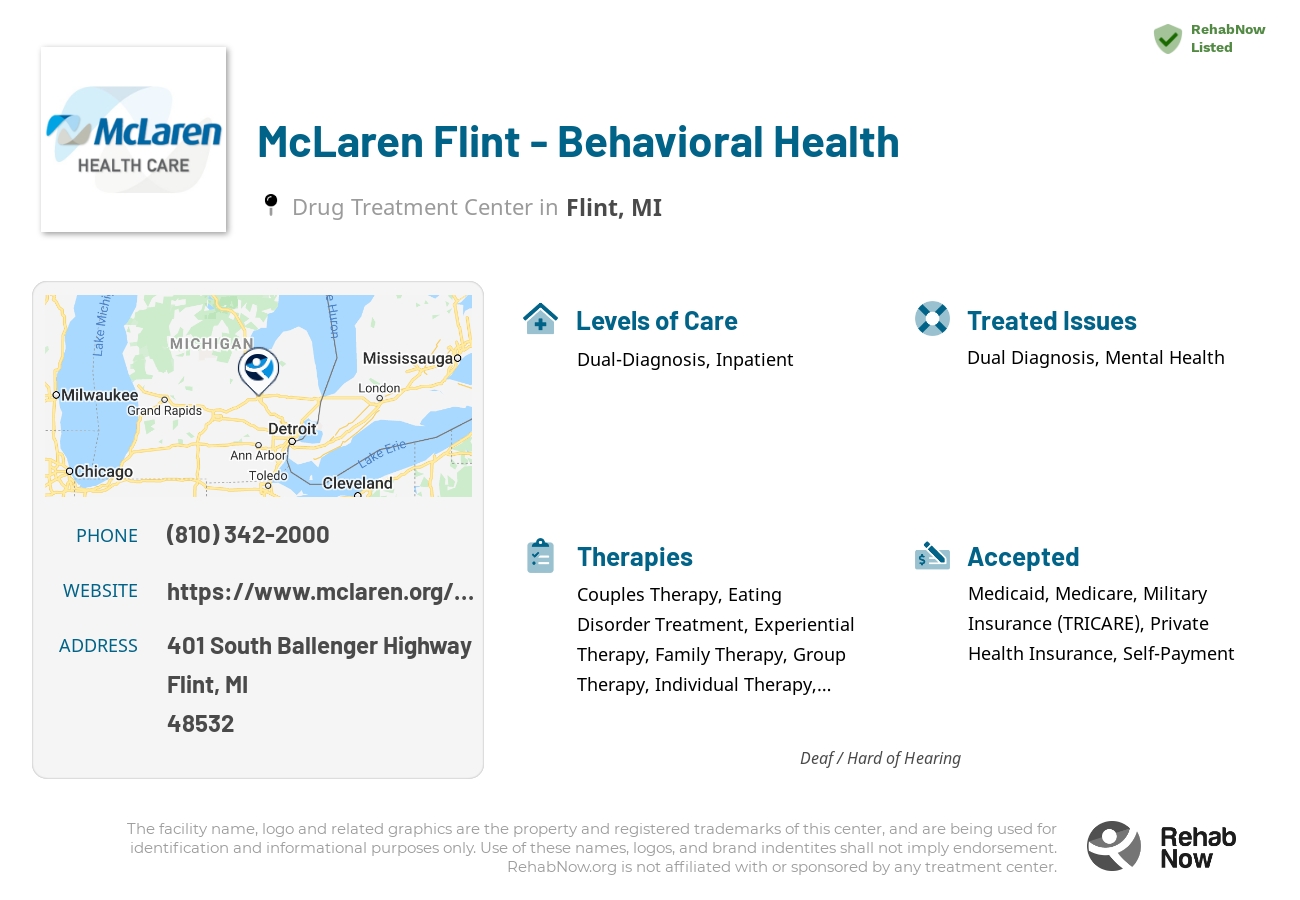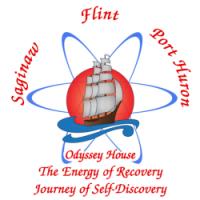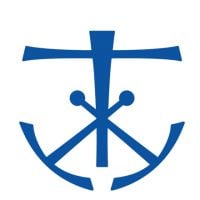McLaren Flint - Behavioral Health
Drug Rehab Center in Flint, Michigan
McLaren Flint - Behavioral Health is a mental health provider in Flint, Michigan specializing in the treatment of substance abuse and addiction with a range of services including assessments, counseling, inpatient detoxification, medication management, family therapy and aftercare services.
About This Michigan Facility
McLaren Flint - Behavioral Health is a comprehensive mental health provider in Flint, Michigan. This facility specializes in the treatment of both adults and children with substance abuse and addiction issues. McLaren Flint offers a range of services for the treatment of addiction, designed to meet the needs of individuals and families. These services include assessments, individual and group counseling, inpatient detoxification, and medication management. Additionally, McLaren Flint offers family and couples' therapy, as well as aftercare services.
McLaren Flint - Behavioral Health employs a multi-disciplinary approach to addiction treatment. This means that clients receive individualized treatment plans that are tailored to their specific needs. Treatment includes evidence-based practices such as cognitive behavioral therapy, mindfulness-based approaches, and motivational interviewing. The facility also provides a holistic approach to recovery, which includes addressing mental health issues that contribute to addiction and recreational activities that support overall health.
McLaren Flint - Behavioral Health is accredited by the Commission on Accreditation of Rehabilitation Facilities and licensed by the Michigan Department of Health and Human Services. They also hold several current awards such as the American Society of Addiction Medicine, the Joint Commission on Accreditation of Healthcare Organizations, and the Michigan Association of Substance Abuse Programs. In addition, McLaren Flint works in collaboration with local colleges and universities to offer continuing education for nursing professionals and other clinical providers.
Genders
Ages
Modality
Additional
Conditions and Issues Treated
When addiction and psychiatric issues co-occur, the addict’s recovery is more successful when both conditions are treated. A dual diagnosis refers to a condition in which the patient is diagnosed with two health issues: addiction and bipolar disorder. The most common therapies are psychotherapy, behavioral therapy, spiritual counseling, 12-step programs, and medication management.
Levels of Care Offered at McLaren Flint - Behavioral Health
This center offers a variety of custom treatment tailored to individual recovery. Currently available are Dual-Diagnosis, Inpatient, with additional therapies available as listed below.
Inpatient treatment centers offer a safe, secure, and often medically supervised environment for drug or alcohol-addicted individuals. Many of these facilities are equipped to provide detoxification, treatment for co-occurring mental health disorders, and aftercare programs. The patient typically spends 28 to 30 days at the facility and will receive extensive drug counseling.
Therapies & Programs
At McLaren Flint - Behavioral Health , to learn from past mistakes and improve one’s situation, the recovering person meets individually with a therapist. The counselor or therapist will address addiction causes, triggers, mental issues, dual diagnosis, and aftercare plans during this time. This is a very intense and challenging process. Some clients find it easier to open up to someone other than family or friends who understand their struggles with addiction.
Couples therapy sessions are typically used to help couples in recovery from drug addiction work through their issues. These types of sessions can be beneficial for many reasons, including the fact that they add a layer of accountability when both partners in a couple are recovering from addiction.
Therapy can also provide addicts with another effective way to cope with stress and avoid relapse during difficult situations. This type of therapy can help improve communication with their partners, which can strengthen the relationship and prevent future problems that might lead to relapse.
Family therapy is a crucial part of drug treatment and getting sober. It is one of the most effective ways to help addicts stay on the path to long-term sobriety. An addict’s family can play a vital part in helping them to avoid relapse. They can spot the warning signs and help them get back on track.
In group therapy, recovering addicts meet with a therapist and other people in recovery. Some groups are closed, meaning only people who share the same addiction or problem can attend. Others are open to anyone who wants to stop using drugs or drinking alcohol. Group therapy sessions typically focus on one topic each week or month so that recovering addicts can discuss issues they face daily.
Trauma therapy allows people to face and learn from past traumas.
Many people suffer childhood traumas that lead to adult addiction. During treatment at McLaren Flint - Behavioral Health [/type], you can move forward in your recovery and reclaim your sober future! Trauma is a common cause of psychological disorders like Addiction Disorder. It’s common in Addictive Disorders patients because traumatized people have strong emotions or thoughts that lead to addictive behaviors.
Cognitive Behavioral Therapy (CBT) is based on the idea that how we feel, think and act all interact together. It helps people explore their thoughts for problems (or false beliefs) that influence their mood and actions. CBT is very goal-oriented, which means that the therapist and patient work together on a specific problem. In addition to helping a client focus on thoughts that can be changed, CBT also allows them to take an active role in their treatment. Our thoughts determine our feelings and behaviors; our feelings affect our thoughts, and our behaviors change our thoughts and feelings.
Nutrition therapy has been used to help drug addicts for decades. Many early reports on addiction treatment indicate that some patients recovered from the “satisfying power of food”. For years, this phenomenon has been utilized as a treatment modality in eating disorders for adults, adolescents, and children.
Specific nutrients have been identified that influence neurotransmitters associated with reward pathways of the brain. Studies have shown that carbohydrate loading with complex carbohydrates to elevate serotonin levels was effective in treating bulimia nervosa. This approach prompted researchers to explore the use of this type of nutritional intervention in other disorders.
The goal of nicotine replacement therapy is to provide a safe alternative for people trying to quit smoking. It does this by giving small doses of nicotine that help manage cravings while breaking habits associated with cigarettes.
Nicotine Replacement Therapy (NRTC) uses products like skin patches and gum that deliver low-dose nicotine, which prevents cravings in those quitting. This makes it easier for them to make a gradual transition from smoker to non-smoker.
Patient Experience
Experiential Therapy at McLaren Flint - Behavioral Health
Experiential Therapy is a different way of thinking about addiction treatment. It uses physical activities to help work through troubling emotions, memories, and trauma that are sources of psychological issues like addiction.
Experiential Therapy can be an effective option for those who have struggled with past traumas or challenges associated with life decisions such as drug use. The non-traditional approach helps people deal more effectively with these struggles. It also allows them to gain new perspectives on their behavior patterns by recreating experiences in healthy ways rather than continuing old habits that may no longer serve them.
Payment Options Accepted
For specific insurance or payment methods please contact us.
Is your insurance accepted?
Ask an expert, call (888) 674-0062
McLaren Health Care Associated Centers
Discover treatment facilities under the same provider.
- Bay Regional Medical Center - Mclaren Bay Region in Bay City, MI
- McLaren Oak Bridge Center in Flint, MI
- McLaren Oakland Hospital in Pontiac, MI
- McLaren Lapeer Region in Lapeer, MI
- McLaren Oakland Hospital - Geriatric Psychiatry in Pontiac, MI
Learn More About McLaren Health Care Centers
Additional Details
Specifics, location, and helpful extra information.
Flint, Michigan 48532 Phone Number(810) 342-2000 Meta DetailsUpdated November 25, 2023
Staff Verified
Patient Reviews
There are no reviews yet. Be the first one to write one.
Flint, Michigan Addiction Information
Michigan has the second-highest rate of drug and alcohol abuse in the nation. Heroin is linked to more than 50% of the state's hepatitis C cases. Marijuana is the drug most often associated with crimes in Michigan, followed by methamphetamines. Opioids alone are responsible for almost 20% of all drug overdose deaths in Michigan.
Flint, Michigan has a high rate of drug addiction and abuse. Drug overdoses are the leading cause of death for people under the age of 50. In 2017, there were 1,568 drug-related deaths in Flint, Michigan. Drug addiction can lead to crime, violence, and other negative behaviors. There are many treatment options available in Flint. Some of the most common include inpatient and outpatient rehab programs, 12-step meetings, and therapy.
Treatment in Nearby Cities
- Manistique, MI (238.4 mi.)
- Redford, MI (48.2 mi.)
- Cheboygan, MI (185.7 mi.)
- Menominee, MI (241.2 mi.)
- Reed City, MI (107.3 mi.)
Centers near McLaren Flint - Behavioral Health
The facility name, logo and brand are the property and registered trademarks of McLaren Flint - Behavioral Health, and are being used for identification and informational purposes only. Use of these names, logos and brands shall not imply endorsement. RehabNow.org is not affiliated with or sponsored by McLaren Flint - Behavioral Health.








